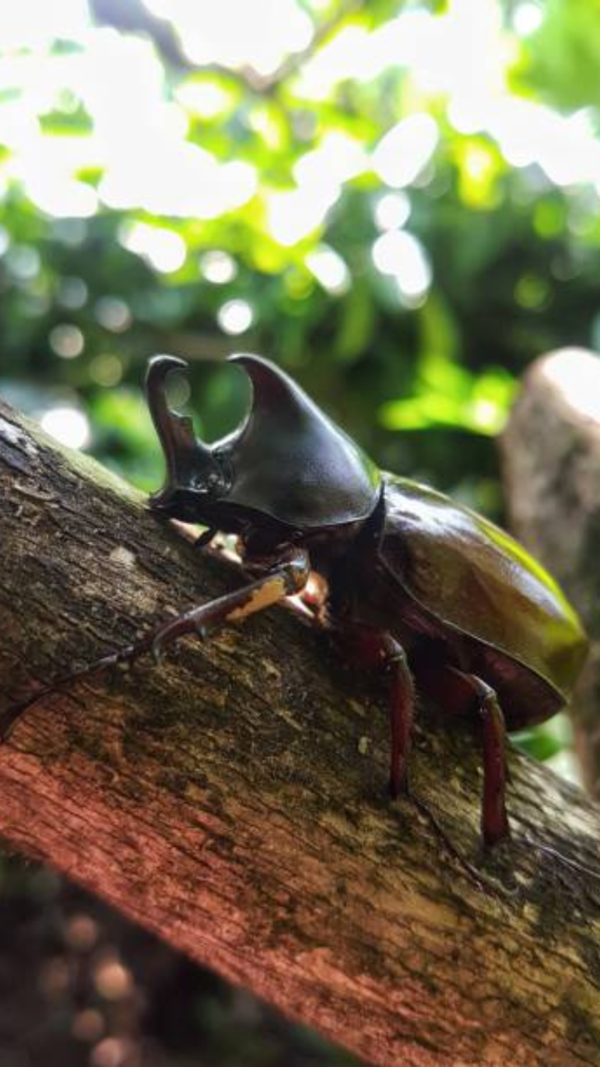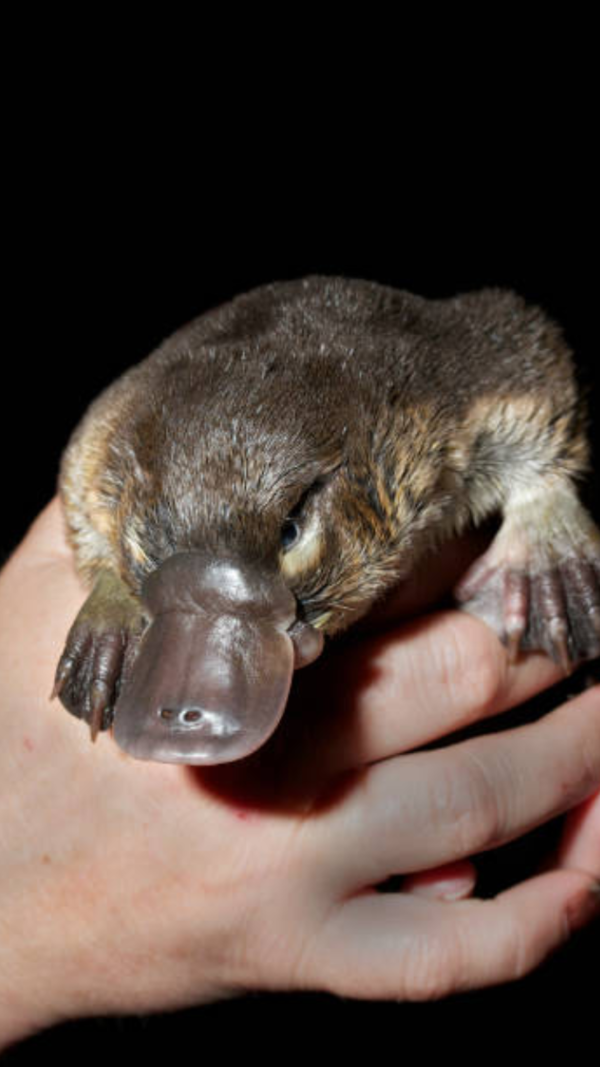Trending
40 days without water, Taleigao to remain parched
Panaji: There is no immediate relief in sight from the water crisis for hundreds of residents in parts of Taleigao as they brace for the peak summer with taps running dry. The residents of Vodlem Bhat and Borbhat wards have gone without piped water supply for over 40 days, following the discovery by the PWD of E. coli contamination in the pipeline network.
“We are replacing the entire pipeline and shifting 450 service connections. It’s a mammoth task and has to be executed on a war footing,” said Sarita Shirodkar, an assistant engineer at the PWD. “This could take more than a month to complete.”
What began as a spurt of complaints about blackish water with a foul stench spiralled into a full-blown public health crisis. Lab tests confirmed the presence of E. coli bacteria — a clear indicator of sewage contamination — in the potable water system.
In response, the PWD completely shut down the water supply to these areas.
She said the other problems are overflowing soak pits and rampant sewage discharge by individual households and housing societies directly into stormwater drains. The PWD dug up inspection pits every 100m for over a month, finally narrowing down the source to the stretch between Java showroom and Goa Bazaar.
“The PWD will replace the entire pipeline in this area and shift all these service connections to this new line. We have got MLA Jennifer Monserrate’s thumbs up,” Shirodkar said.
“Some of these pipelines are very old and over time, there was corrosion leading to some leakages in the pipeline. I think that is how the issue arose. This is the issue in most places where the pipelines have not been changed,” Monserrate said. “The best thing that the PWD can do is change the pipeline. I have full faith in them. Once the pipeline is changed, there shouldn’t be problems again. In the meantime, we can supply tankers to the residents.”
Dr Jude D’Souza, a medical officer from the directorate of health services, told TOI that notices were issued to people suspected of releasing sewage water on April 24, warning them against illegal discharge. “If they continue, we will issue show-cause notices and disconnect their water supply,” he said.
His team carried out an inspection of the area on Friday and confirmed that measures need to be taken to ensure that the drinking water pipeline does not pass through sewerage areas. “This is an important health issue and we will do whatever we can to take this forward,” he added.
The lack of regulation by local panchayats is being called out as residents said that “sewage overflow must be controlled by the local bodies” and that violators must be penalised. A local panchayat member acknowledged the crisis and assured residents that “free water tankers have been deployed” in both wards.
“Anyone in need of water can approach the panchayat, and we will ensure they get it,” he said.
But for the residents of Taleigao, assurances offer little comfort as they face the scorching summer without clean water. “There is a practice of rampantly giving water connections to buildings and new projects at Taleigao. There should be a system in place. The local residents have been suffering due to the irresponsible distribution of connections,” said a resident of the area, Sadiya M. “We have been hiring our own water tankers to access clean water which costs Rs 700 per day.”
End of Article
Follow Us On Social Media









